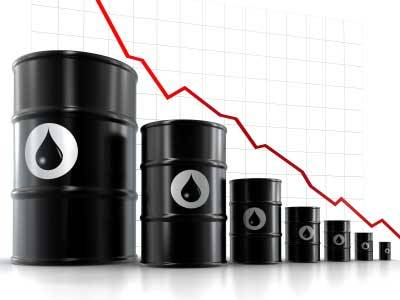Nigerian crude oil production has taken a deeper nosedive as a drill ship accident damaged an Exxon Mobil pipeline in Akwa Ibom.
According to Bloomberg, Exxon Mobil Corp. has declared force majeure — a legal clause that allows it to stop deliveries without breaching contracts — on shipments of Qua Iboe, the company said in a statement Friday. The Bonny Light and Forcados oil grades were already disrupted following militant attacks. The three facilities ship more than 700,000 barrels a day.
A resurgence in militant attacks in Nigeria’s oil-producing region has cut output by as much as 600,000 barrels a day to 1.4 million a day and “massively diminished” the nation’s income, Emmanuel Kachikwu, Nigeria’s minister of state for petroleum, said Thursday in a broadcast on Lagos-based Channels Television, before the disruption to Qua Iboe. An armed group calling itself the Niger Delta Avengers later warned of more attacks to come.
Brent crude has risen 5 percent this week to $47.64 a barrel as of 1:43 p.m. in London as supply halts in Nigeria, wildfires in Canada’s oil-sands region and declining U.S. output combined to curb a global surplus. The international benchmark has risen more than 70 percent since hitting a 12-year low in January.
Attacks on oil infrastructure caused Nigerian production to drop to 1.69 million barrels a day last month, the lowest in 20 years, according to data compiled by Bloomberg. The nation’s output hasn’t fallen as low as 1.4 million barrels a day on a monthly-average basis since 1989, the data show. The supply reduction is compounding economic problems caused by the slump in crude prices.
A subsea pipeline linked to Qua Iboe was damaged by a drilling rig, Exxon said Thursday, without giving an impact on shipments. Royal Dutch Shell Plc declared force majeure on exports of Bonny Light crude Wednesday following the discovery of a leak on the Nembe Creek Trunk Line.

